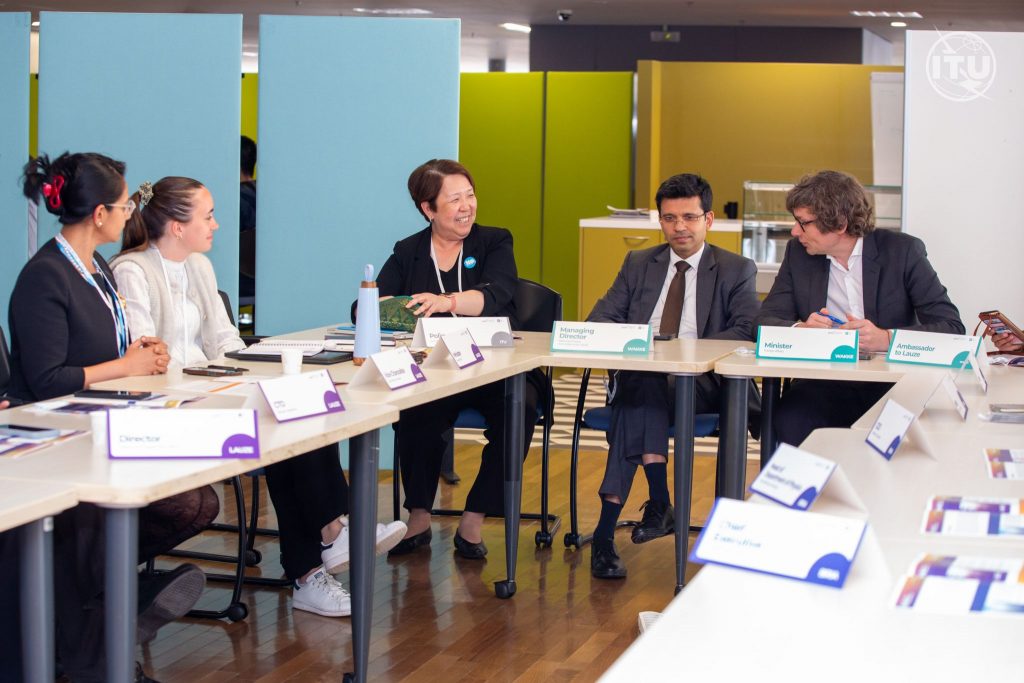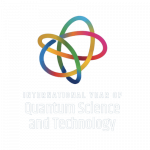ITU explores science diplomacy with the Quantum Diplomacy Game
20th May 2025

Photos by ITU
On 12th May, the Quantum Diplomacy Game was played at the International Telecommunication Union (ITU) where Philipp Kammerlander, Applications Expert at OQI, set the scene with an introduction to the world of quantum—exploring the opportunities and challenges of the developing technology.
Outlining the path from the first to the second quantum revolution, Philipp explored the history and development of quantum mechanics. He also emphasised the importance of dehyping the potential impacts of quantum computers, and highlighted some specific computational problems that could benefit from quantum computers.
Following this introduction, participants played the Quantum Diplomacy Game—an interactive role play game that simulates the challenges and opportunities of quantum computing for the common good in a fictional future scenario. Designed to promote science diplomacy, the game aims to raise awareness and anticipation of the geopolitical implications of quantum computing as an emerging technology.
From the start of the game, participants are fully immersed–each given a character to take on the role of scientists, policymakers and industry leaders. Set in the future, players enter a fictitious world where large-scale quantum computing has been achieved—but the technology is inaccessible to most. Placing multilateral governance at the forefront, the game aims to explore decision making principles around the application of quantum computing and underscores the importance of anticipating the impact of future technologies development before they are realised.
The Quantum Diplomacy Game will be played globally across all continents throughout the International Year of Quantum in 2025. Find out more about the game and how you can get involved!




